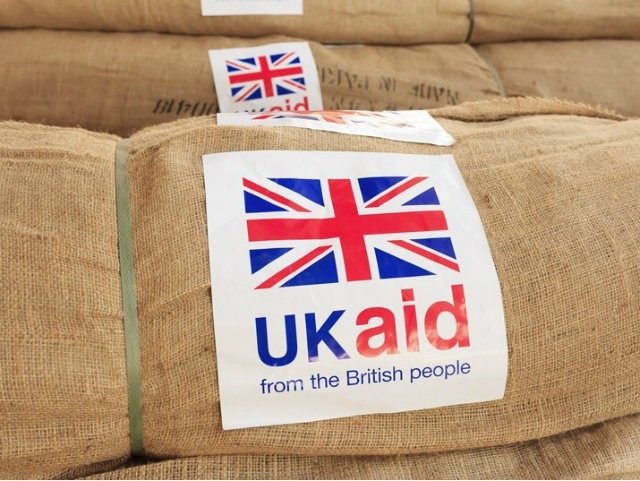Britain is paying aid staff up to £1,000 a day in order to meet the government’s spending targets on foreign aid.
Spending on outside ‘consultants’ has risen to £1.4bn in the past four years, taking up more than 10 per cent of the entire aid budget.
The Conservatives, Labour and the Liberal Democrats are all committed to keeping the aid budget at 0.7 per cent of GDP, causing the amount of money Britain sends abroad to soar to £12bn and leading to a rush to spend all the money.
The Times found that “team leaders” on foreign aid projects earn at least £120,000 a year including travel, accommodation and security. Part-time staff can earn between £800 and £1,000 a day, while some consultancy firms also benefit from 50 per cent profit margins.
One former government aid official who is now a consultant told the newspaper: “It’s a jolly lucrative business, believe me,” adding: “Two areas did well out of the recession — development aid and pawnbrokers.
“[The Department for International Development’s] obese budget means it has to get the money out of the door as quickly as possible and the easiest way to achieve this is to have a few large programmes managed by a few suppliers. All of these features are going to contribute to a feeding frenzy among the consulting companies.”
Former civil servants also said there was a small group of big consultancy companies known as the “big 11” who win the majority of work, squeezing out other firms. A director of one of the companies, which hasn’t been named, said that rates paid by the Department for International Development were still less than those for other departments: “Rates for aid consultants are half rates paid in the UK and those people don’t get shot at.”
Former defence minister Sir Gerald Howarth said it was a “scandalous” waste of taxpayers’ money. “They are clearly being paid because the department has more money than it knows what to do with,” he added.
Philip Davies, who is standing for re-election as MP for Shipley, added: “When people think of overseas aid they think of people who have had their homes damaged by an earthquake, a hurricane or a tsunami — they don’t expect to be lining the pockets of consultant fat cats.
“This is what happens when you are judged only by how much you are spending. How you actually spend the money becomes immaterial. It leads to grotesque waste and overspending.”



COMMENTS
Please let us know if you're having issues with commenting.